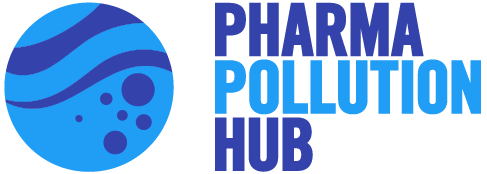Our scope
We consider the entire healthcare pharmaceutical life cycle.
Our work spans a huge remit, so we have created five interlinked working groups to effectively tackle different areas of the pharmaceutical life cycle.
Our work is currently focused on pharmaceuticals used in human healthcare, as pharmaceutical usage in animals has a different set of upstream societal drivers. Pollution from livestock and pet usage is something we hope to include as we expand our Hub remit in the future.
Working groups
1. Population health, awareness and behaviour
Prevention: Promoting health rather than treating disease.
Culture: Changing our “pill for every ill” lifestyle.
Concordance: Optimising patient use and disposal of medicines.
2. Pharmaceutical design, manufacture and licensing
Design: Creating pharmaceuticals that are less harmful or persistent in the environment.
Manufacture: Reducing pollution from pharmaceutical supply chains.
Licensing: Incorporating environmental risk into licensing decisions.
3. Healthcare decision making
Health Technology Assessment: Incorporating environmental risk into pharmaceutical cost-effectiveness evaluations.
Procurement: Incorporating environmental risk into decision-making frameworks.
Prescribing: Minimising environmental impact through prescribing practices.
4. Pharmacy sales and disposal
Distribution: Reducing the level of waste from expired medication.
Dispensing: Reducing the level of waste from unused/expired medication.
Disposal: Reducing inappropriate pharmaceutical disposal.
5. Environmental monitoring and management
Waste management: Minimising environmental exposure to contaminated waste.
Environmental regulation: Improving monitoring, reporting and regulatory systems.






